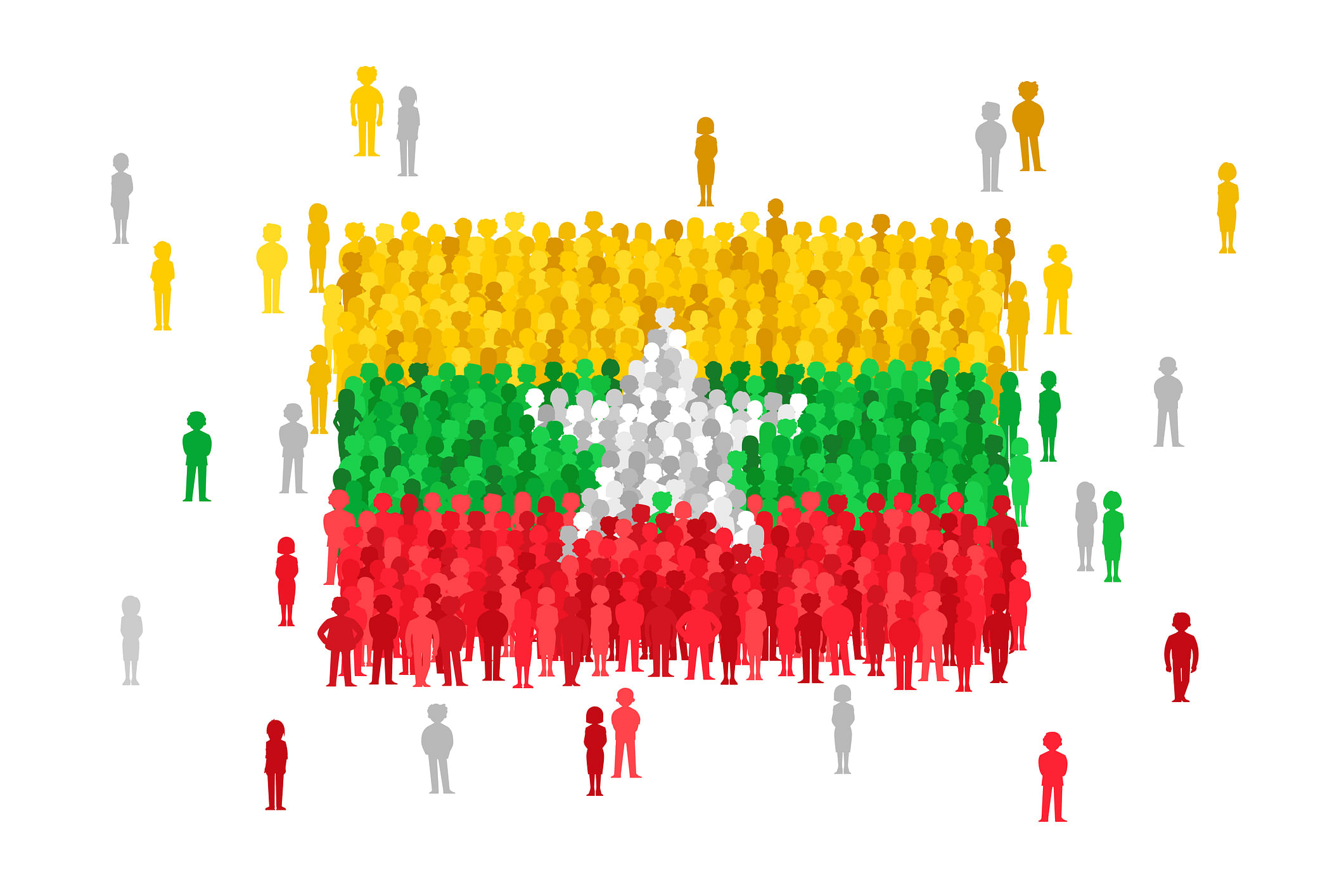Miss Burma is not just a personal-political-historical novel, epic in sweep and searing in intensity. It is also the untold story of the Karen ethnic people of Burma (now Myanmar) — a sombre song that forms a background hum through its desperate and dense long run.
Covering almost 40 tumultuous years of Burma’s recent history, Burmese-American author Charmaine Craig pays her tributes to three real people – her mother Louisa Benson Craig, and Louisa’s parents Saw Benson and Naw Chit Khin. The novel follows the original story to a large extent but takes care to clothe it in the garb of fiction. The main characters and a couple of secondary characters ring true for the most part, but obviously, poetic license has been taken as needed. In essence, the book is another in the long illustrious list of ‘Burma Books’ (viz. The Glass Palace of Amitav Ghosh) — with one difference — it is probably the only one to present the Karen minority point of view.
The novel begins with a short prologue that sees 15-year-old mixed-race Louisa being crowned Miss Burma (1956). There is a tinge of humour as Louisa ‘pivots, presenting the judges and the spectators...with a view of her behind (ample thanks to her Jewish father...)’. The light touches soon lead to graphic descriptions of horrors perpetrated by Japanese soldiers on Burma’s minorities.
The story then steps back in time to 1926, when seven-year-old Jewish boy Benny is orphaned, then shipped off from Rangoon to aunts in Calcutta. He returns in 1938, gets employed by the British colonial government, falls in love at first sight and marries an ethnic Karen named Khin.
This scenario gives the author the opportunity to present the Karen problem. Oppressed through centuries by the majority Burmans, the Karens were an umbrella multilingual group spread along the eastern wall of Burma. American missionaries converted many to Christianity and the colonial British masters won their trust, educated and employed them in administration and made vague promises of helping them gain autonomy.
The Karens ended up helping the British armed forces during World War 2, even staging a very successful guerrilla operation against the Japanese — who were fighting along with the majority Burmans, led by a rising star Aung San (who is now considered the father of the nation, Myanmar). With the allies winning, the Burmans ditched the Japanese, sided with the British — and secured independence for Burma in January 1948. The flipside was that the loyal Karens became enemies to the Burman majority. Since then, with short periods of respite, it has been a long-running battle for the minorities, especially the Karens.
It is important to understand that the author tells the political history and personal story as parallel tracks through the book. Using characters, thought and situations, one understands the main story of Benny, Khin and later Louisa, plus other heroes of the Karen revolution – considered the longest-running civil war in recorded history.
In short, Benny and Khin marry and have children – but it is a disturbed marriage, that sees Benny being twice arrested and tortured, surviving and returning to his family, becoming a successful businessman in the wake of wartime opportunities, then falling on hard times again. Jewish Benny, sympathetic to his wife’s ethnic problems, is almost an honorary Karen; his Anglo looks brand him as a spy and he faces the consequences. The wife Khin has survived a youth where she has seen her father being killed and disembowelled – and yet this Mother Burma is still there for her children, through periods of estrangement, travels through jungles, small businesses, rape, moments of solace in other men — and helping her beautiful daughter become a beauty queen, not once but twice.
The story of Louisa now takes over in the final sections. This multi-racial beauty queen, film star, student, is for a while used as a weapon of Burmanisation, against constantly oppressed, dignity-seeking minorities. And Louisa pretends to enjoy it all, the limelight, the top leadership’s parties; pretends to forget the fact that her ‘enemy of the state’ father is still under house arrest. Louisa is a symbol of illusionary unity.
The pretence stops in 1962, when the military overthrows the sham civilian government. Louisa loses an insurgent boyfriend, a baby and a brave husband who tried to broker peace with General Ne Win. She shears her beautiful hair and wears army fatigues. And thus ends temporarily, the story of the beauty queen who became a revolutionary. The West is continuously manipulating the east, abetting ethnic cleansing on one hand, giving political asylum with the other. Benny accepts US refuge.
Charmaine Craig’s book reveals an unknown Burma, beyond current headlines featuring expulsion of Rohingya Burmese Muslims. The powerful prose does get clunky in parts, but it is still an impactful ride.
